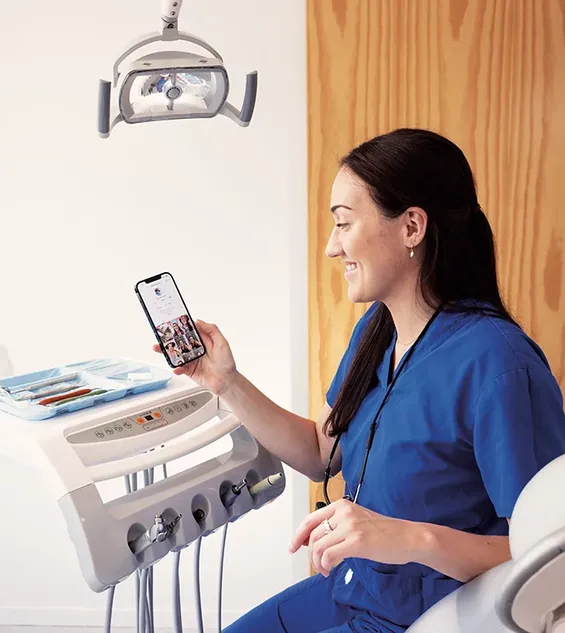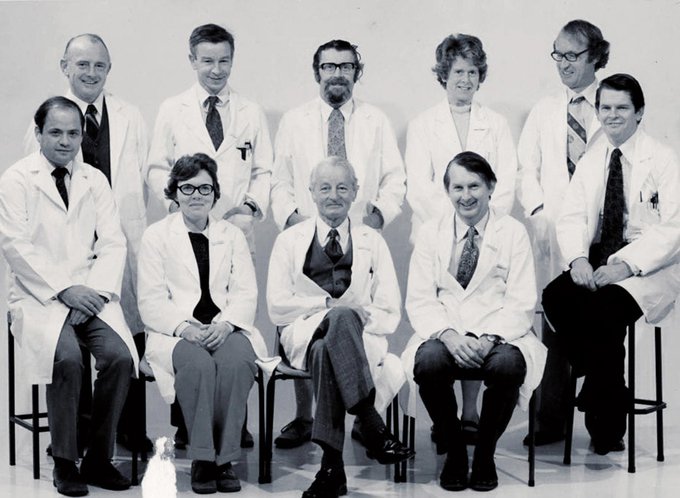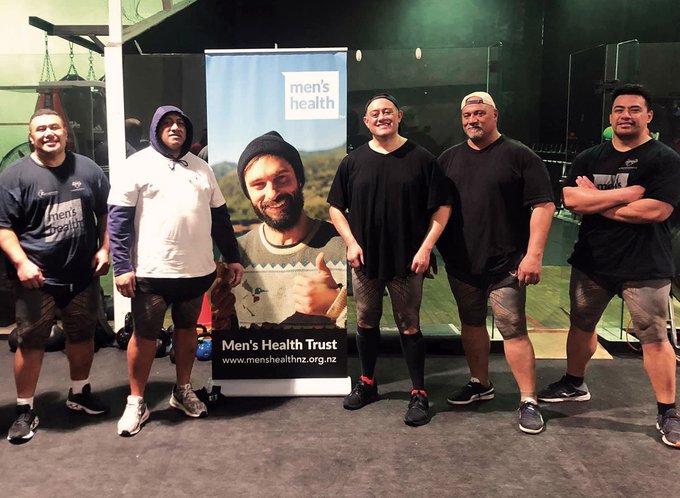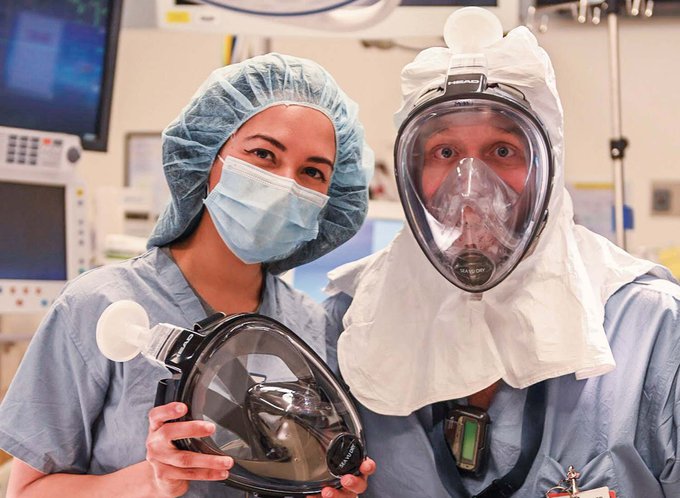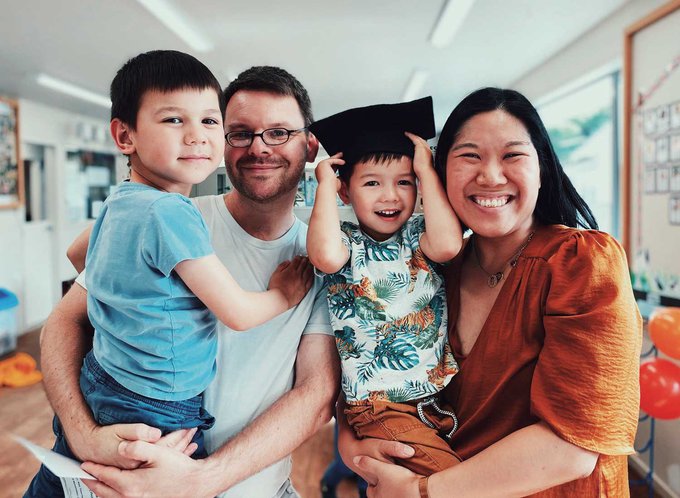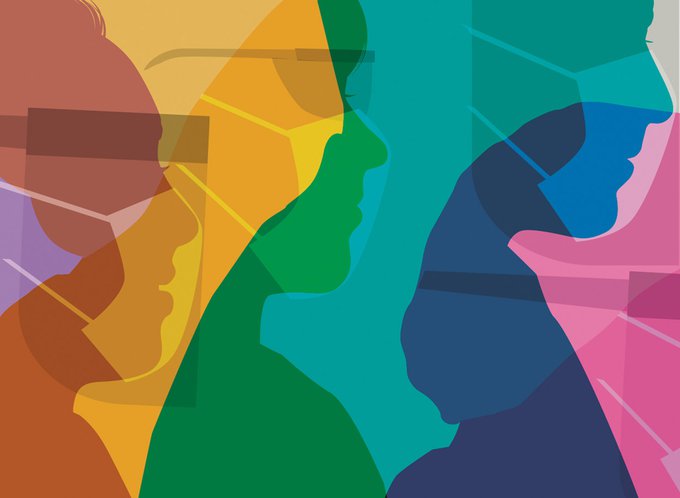A new generation of Kiwi medical professionals is using TikTok and Instagram content to help inform the public, counter misinformation and build a healthier community – as well as support a stronger health workforce that is able to care for its patients better.
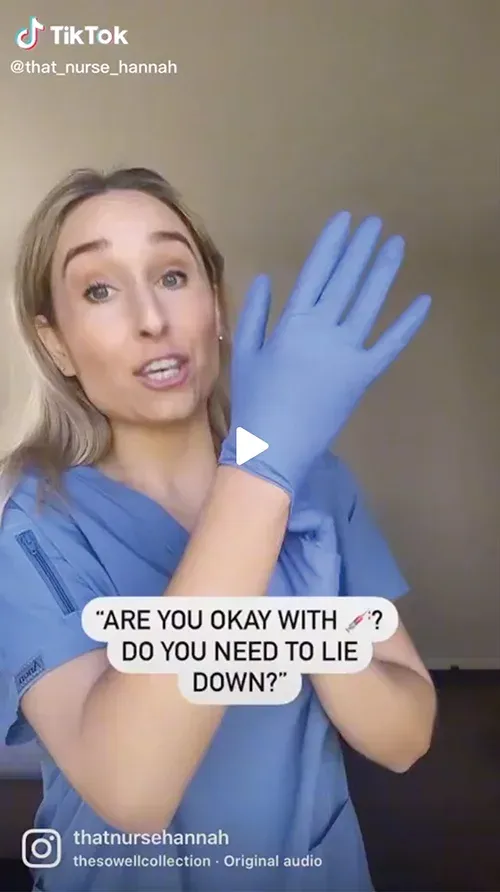 Primary healthcare nurse Hannah Fernando is uncomfortable with the label ‘influencer’ but hopes she can influence her social media followers to prioritise looking after themselves.
Primary healthcare nurse Hannah Fernando is uncomfortable with the label ‘influencer’ but hopes she can influence her social media followers to prioritise looking after themselves.
The 30-year-old Ōtautahi Christchurch resident has around 50,000 followers across her Instagram and TikTok accounts, where she shares lighthearted videos about the life of a nurse under the username That Nurse Hannah.
Content creation
Hannah started making videos and sharing them with colleagues in 2019.
“I was enjoying that far too much, so I just kept going. It started off just with nurses watching them, then it became other health professionals, patients, and friends and family of all these people.”
Hannah’s short videos show her dressed in colourful scrubs, and use ‘trending’ audio – dialogue from television and movies, or music clips – to make light of the downsides of the job. Hannah posts several videos a week, saying she normally films a batch of several videos on her days off and then gradually releases them.
Hannah, who also teaches retro aerobics with twin sister Bridget, says the performance aspect of creating videos “fills my cup so much”. While acknowledging the difficult parts of her work, she always wraps her content in a layer of humour.
Supporting carers
With the medical profession facing stress, pressure, responsibility, burnout and understaffing, Hannah aims to boost morale through her content.
She usually checks her videos with husband Chris, a radiologist who she met while training, to get his reaction before she publishes.
“We’re all so tired and tired of being tired. Morale is really low right now. The goal of That Nurse Hannah is to spread awareness of what it’s like to be a nurse and to boost that morale,” she says.
She aims to show other nurses that they are not alone in feeling overwhelmed or burnt out by work and says it is essential that she looks after her own health and wellbeing so she can provide the best care to patients.
“I want to nurse the nurses. I want to care for those that care for others. The point of my content is that I see you. I know exactly how you’re feeling, and you’re not alone.
“I don’t know how I feel about the whole ‘influencer’ label, but I do want to influence people, and especially nurses, in a positive way."
Hannah Fernando
“I’d like to influence people’s mindset to help them get through shifts, go home and do what they can to look after themselves, go for a run or do some yoga – or even just have a drink of water,” she says.
“If we can’t look after ourselves, how are we going to look after others?”
Prioritising positivity
While the growth in Hannah’s audience means she gets occasional negative comments, she says the feedback is generally overwhelmingly positive. She is also careful not to spend too much time engaging with negativity.
“When you start to get a few followers, you get trolls too. There are always people that take things I post the wrong way, but I rarely read the comments.”
Hannah is often recognised by patients who have seen her content, and she believes the behind-the-scenes glimpses she gives can help them understand and be prepared for the patient experience too.
“It makes my day when people recognise me. And it can make them a more patient patient, knowing that this nurse probably hasn’t had their break and that doctor is probably busting to use the toilet.”
Hannah avoids giving medical advice online, saying the nature of social media platforms means it is easy for things to be misinterpreted. She is also cautious about who she does sponsored posts or partner content with and only promotes products she genuinely uses, like scrubs and activewear.
“I’ve also noticed that if you do too much promo, it comes across like you’re an advertiser. My image as That Nurse Hannah is too precious to post anything that’s not evidence-based or grounded in research.
“I sometimes forget I have the power to tell people serious information about their health, but that’s a privileged position to be in.”
“People want to see weird stuff”
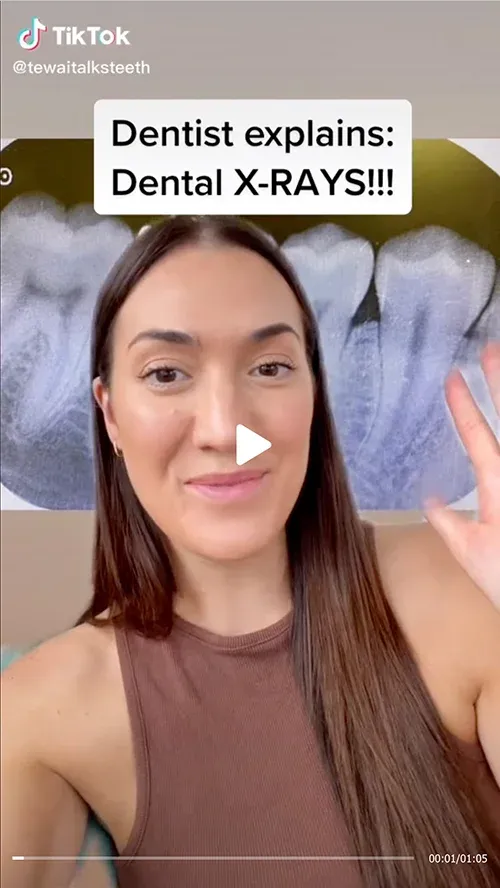 Dr Te Waikapoata Tamati is “absolutely fascinated” by teeth, and uses her TikTok and Instagram content to encourage Kiwis to take their oral health seriously.
Dr Te Waikapoata Tamati is “absolutely fascinated” by teeth, and uses her TikTok and Instagram content to encourage Kiwis to take their oral health seriously.
Taranaki-based Te Waikapoata (Te Ātiawa, Ngāti Mutunga, Ngāti Ruanui, Ngāi Tahu, Te Whānau-ā-Apanui) started sharing photos and videos under the username Te Wai Talks Teeth while studying dentistry in Otago and has built an audience of more than 46,000 followers.
The Taranaki-based dentist creates videos that cover simple ways people can look after their oral health, before and after shots of her work (all taken with patient permission) and explainers on the science of our mouths – plus a lot of humour. She hopes her content inspires her audience to be more conscious of their oral health and the steps they can take to improve it.
Te Waikapoata thinks there are two main reasons why her videos have become so popular. “Firstly, people are weird. They want to see some weird stuff,” she says. Secondly, there are relatively few dental content creators in Aotearoa, meaning her videos stand out online.
Going viral about vaping
Te Waikapoata has had several videos go viral, including one about the connection between vaping and gum disease that racked up 7 million views overnight.
“Vaping is a health crisis at the moment. I see it every day. A lot of people think vaping is a healthy alternative, but I’m like ‘no, that stuff’s disgusting’,” she says.
Most of her followers come from New Zealand and Australia, but she has also experienced international followers struggling to understand her accent.
“I always have to remember to put the captions on for them.”
Informing the public
Te Waikapoata says the cost of going to the dentist can be an obstacle for many Kiwis, which can cause problems as dental issues often worsen over time. She highlights the affordability and accessibility of toothpaste, toothbrushes and floss and encourages her followers to be proactive about their oral health.
She wants to be a role model for young Māori who are considering future career paths.
“When I was in high school, the hardest thing for me was not knowing what I wanted to do. I would’ve never got into this industry if I hadn’t had the cadetship offered to me. But if I’d seen people like me on social media, then it would’ve been really inspiring.
“I love highlighting being Māori and showing other Māori that they can achieve this career too.”
Dr Te Waikapoata Tamati
Online to offline
 Te Waikapoata constantly receives comments and messages from followers wanting to book an appointment with her and has even had a patient travel from Palmerston North to see her after watching her videos.
Te Waikapoata constantly receives comments and messages from followers wanting to book an appointment with her and has even had a patient travel from Palmerston North to see her after watching her videos.
“The hardest thing is trusting someone with your teeth, and after seeing my stuff, she trusted me so much with her teeth that she was willing to drive all that way.”
Te Waikapoata sees her social content as a way to give dentistry an approachable and friendly face, especially for those who worry they will be judged by their dentist. She also emphasises that, while it is not “me against them”, she does tell patients “if you’re not doing things to prevent these problems, the problems are going to keep coming back”.
She believes the universal nature of social media can help make her field more accessible to the general public. With research suggesting around 2.4 million Kiwis use Instagram and 1.46 million use TikTok, short, ‘snackable’ content like Te Waikapoata and Hannah’s has potential to influence the habits and opinions of many New Zealanders.
“Everyone’s got social media. Everyone’s just sitting on their phone having a good old scroll. It’s good to have access to information,” says Te Waikapoata.
A double-edged sword
It takes Te Waikapoata about an hour to film and edit each of her videos, and she’s careful to ensure all the information she includes is accurate. When she spots other creators sharing medical misinformation, she will often comment and call them out.
Te Waikapoata says videos about fluoride or vaping attract the most feedback, but the occasional nasty comment does not bother her, “Social media is a double-edged sword”, she says.
“A lot of the negative comments are completely random and there’s nothing to them, and I get hundreds of amazing messages too.”
Know someone who might enjoy this?
Read this next
-
July 2021
Celebrating early women doctors
-
November 2021
Transforming men's health
-
July 2022
The power of Jin
Professional life
See all-
March 2021
Made for today a century ago
-
March 2021
The great brain gain
-
March 2021
A hectic, horrific working holiday
-
March 2021
Smooth sailing for Southern Spars
